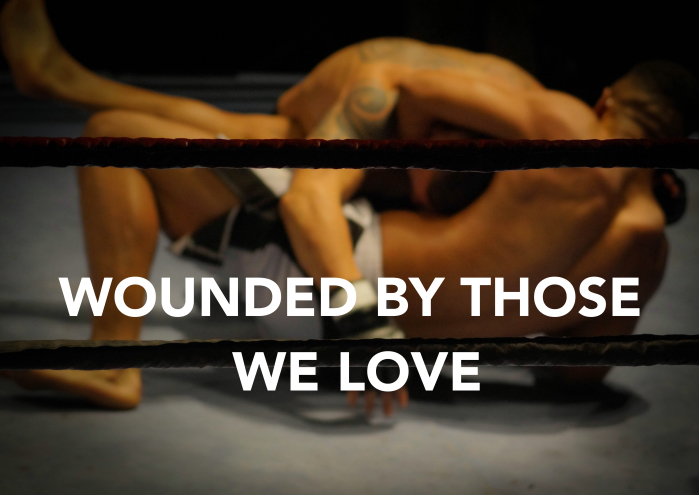Recently I sat with a pastor from another city who spoke of deep wounds he carried over how certain church members responded to him when they disagreed. Only hours later, I met with a husband pained by the careless comments made to his wife by fellow believers during their miscarriage.
What these two leaders shared in common was a vague feeling of betrayal. They grappled to reconcile the inconsistency between what these Christians affirmed and how they acted. I could relate to their struggle. I’ve been hurt by Christians who have professed their love and, sadly, I have at times contradicted what I say I believe and behaved in ways that hurt others.
Over the years, I’ve noticed an unexpected pattern of experience shared by many pastors. Something that, had it been whispered to me as a zealous young leader, I would have shouted down in defiant disbelief.
Our greatest trials often come at the hands of other believers.
Let that sink in for a minute. It sounds crazy. To ponder it can almost feel like betraying God; like we’re exposing the family secrets, or the dark underbelly of our people. But the sooner we see it, the better we’ll understand it. The sooner we see it, the easier it will be to interpret it.
The Code
Christians have a code we live by called the Bible. We also have a family that attempts to live out the code together called the Church. The family wants to hold each other accountable for what we believe. It all sounds so simple.
But when we think others in the family (particularly those that lead the family) don’t live up to that code, it can provoke some serious sin in the church. And it will happen at the hands of people who believe with all of their hearts that they are honoring God by treating you in dishonorable ways.
It’s a particular problem for leaders. J. Oswald Sanders once said, “A cross stands in the way of spiritual leadership, a cross upon which the leader must consent to be impaled.” It really surprised me to discover that the cross we must consent to be impaled upon is often the Christians we lead. Tucked away in conflicted corners of the local church, we begin to comprehend a glorious paradox. Christians will provide many of our greatest joys,…but they can also become the cross upon which we must consent to be impaled.
But think about it. Why should we be different? We follow a Crucified Savior, and his cross was experienced in a similar way. His right hand man denied him, another betrayed him, and his best friends abandoned him in Gethsemane. Think about Isaiah’s description: “He was despised and rejected by men; a man of sorrows, and acquainted with grief; and as one from whom men hide their faces he was despised, and we esteemed him not. Surely he has borne our grief and carried our sorrows; yet we esteemed him stricken, smitten by God, and afflicted.” (Isaiah 53:3-4)
The world rejected Christ, but it was the religious that screamed, “Crucify him,” (Mark 15:13–14).
It’s funny. We don’t tend to see the cross through relational eyes, but that seems to be one of the important ways Christ experienced it. Paul too. Can you imagine waking up one day to find, “…all who are in Asia turned away from me” (2 Tim 1:15)? Paul seemed to have that sort of abandonment happen all the time. It was a cross upon which he consented to be impaled.
So if you ever find yourself as a leader under self-righteous scrutiny or abandoned by those who promised fidelity, cheer up and look towards your Redeemer. You’re in good company! And when you find yourself wiping another tear from your eye, wondering again if you even have the will to move on, always remember, “In your struggle against sin you have not yet resisted to the point of shedding your blood.” (Heb 12:4).
Take courage. Jesus was impaled so you can press on.












